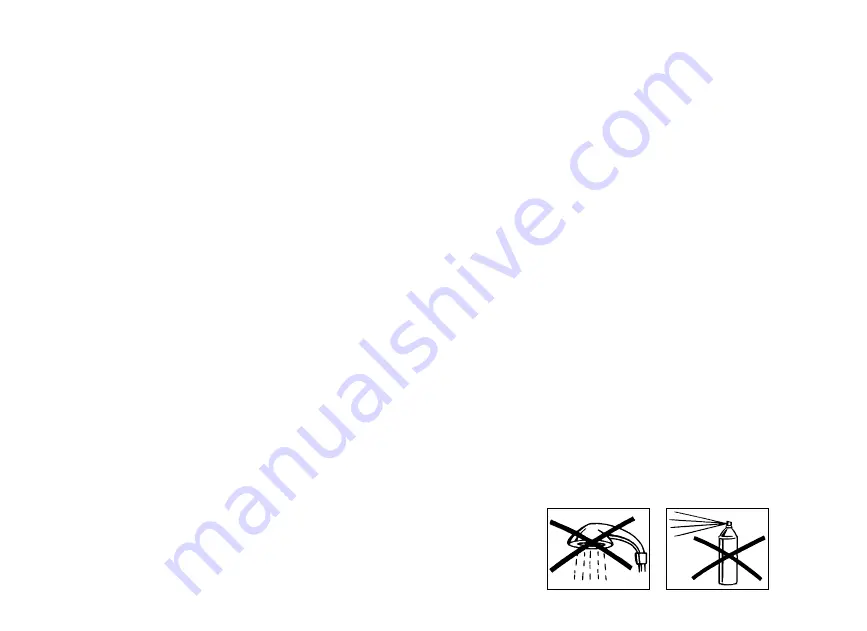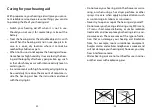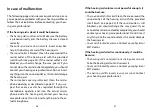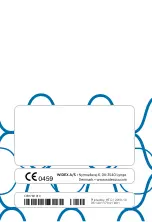
32
33
Caring for your hearing aid
With proper care, your hearing aid will give you consis-
tent reliable service. Here are some things you can do
to prolong the life of your hearing aid:
• Switch your hearing aid off when it is not in use.
Should you not use it for several days, take out the
battery.
• Treat the hearing aid as the valuable object it is: with
care. When the hearing aid is not in use, keep it in its
case in a cool, dry location where it cannot be
reached by children or pets.
• When not in use, do not expose the hearing aid to ex-
treme heat or high humidity. Use care to dry the hear-
ing aid thoroughly after heavy perspiration e.g. such
as that which may occur with intense activity level in
certain sports.
• In environments with high humidity, a drying kit may
be used daily to reduce the amount of moisture in-
side the hearing aid. See the instructions enclosed
with the drying kit.
• Do not wear your hearing aid in the shower or swim-
ming, or when using a hair dryer, perfume or other
sprays. Use care when applying topical lotions such
as suntanning oils, lotions or sunscreens.
• Never try to open or repair the hearing aid yourself.
• Do not wear your hearing aid during x-ray, MRI scans,
CT scans, short-wave diathermy, or similar radiation
treatments and never place your hearing aid in a mi-
crowave oven. These are some of the types of radia-
tion that can damage your hearing aid. Radiation
from, for example, room surveillance equipment,
burglar alarms and cellular telephones is weaker and
will not damage your hearing aid; however, you may
hear interference noise.
• Widex hearing aids are not certified for use in mines
or other areas with explosive gases.
































